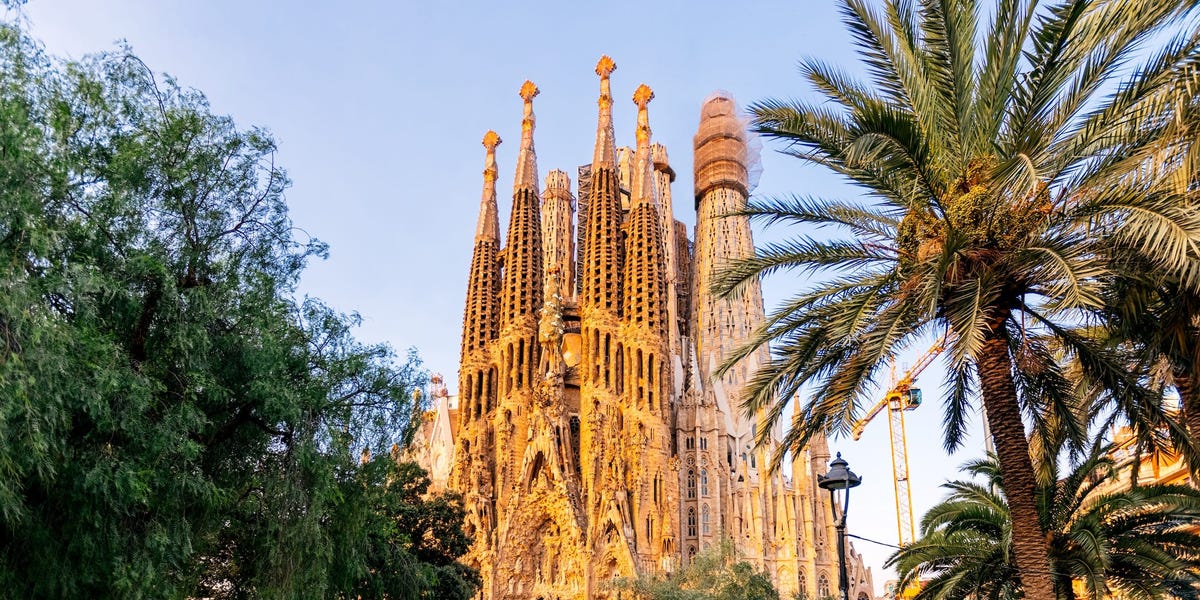
Barcelona plans to end short-term rentals after complaints that tourism has priced locals out of the housing market.In a blow to platforms like Airbnb, the Spanish city will stop issuing new licenses and will not renew existing ones, Barcelona’s mayor, Jaume Collboni said at a press conference on Friday. By 2029, no homes will be allowed to operate as short-term tourist accommodations.”The city cannot allow such a large number of flats to be used for tourist activity at a time of difficulty of access to housing and when the negative effects of tourist overcrowding are obvious,” Collboni said.Like other Spanish cities, Barcelona requires properties to have a tourist license before they can be listed as rentals. There are currently about 10,000 houses registered as tourist rentals.The move is the latest by Spanish authorities to ease the housing crisis and reduce the cost of renting. Rents in Barcelona spiked 36% between 2018 and 2022, while those in Spanish capital Madrid were up 16%, according to an EY property report.Barcelona became a short-term rental hotspot as tourists flocked to the city: The number of tourists increased from 7.4 million in 2012 to 15.6 million last year. Government officials have sparred with Airbnb and similar platforms over the years, imposing fines and various kinds of regulation that stopped well short of the new plan to not renew licenses.Airbnb did not immediately respond to Business Insider’s request for comment, sent outside standard business hours.
In April 2023, the Spanish government passed a historic housing law to address the issue, which included caps on rent increases, price limits in special zones, and an end to surprise evictions. Earlier this year, the government also scrapped “Golden Visas” to non-EU nationals, saying the visa program was adding to housing supply pressures.But critics say that the Barcelona ban will do little to change the rental climate.Opposition politician Damià Calvet said that not all 10,000 homes will go back on the market.”Pretending that all 10,000 will have a residential use is not realistic,” he told local media. Calvet said not all homes with licenses are actually rented out to tourists — many owners keep the license just to add value to the property in case they want to sell down the line.”Tourist apartments represent just 0.77% of Barcelona’s housing stock,” Enrique Alcantara, president of the Barcelona Tourist Apartments Association, told media after the announcement. “All it will do is increase the number of illegal tourist rentals.”Global short-term rental restrictionsOther cities are similarly eyeing short-term rental restrictions to manage skyrocketing housing costs in what’s been deemed the “Airbnb effect.”In Irvine, California, a ban on short-term stays in 2018 brought the cost of long-term rentals down 3%, or an average decrease of $114 a month, according to a study published in Real Estate Economics. Late last year, New York City implemented a similar move.Cities including Vancouver, Tokyo, London, Amsterdam, and Paris have all placed restrictions on the short-term rental market.Some Southeast Asian countries have banned short-term rentals completely.In Singapore, it is illegal to rent any residential property for less than three months, while Thailand, like Irvine, forbids rentals for less than thirty days.






